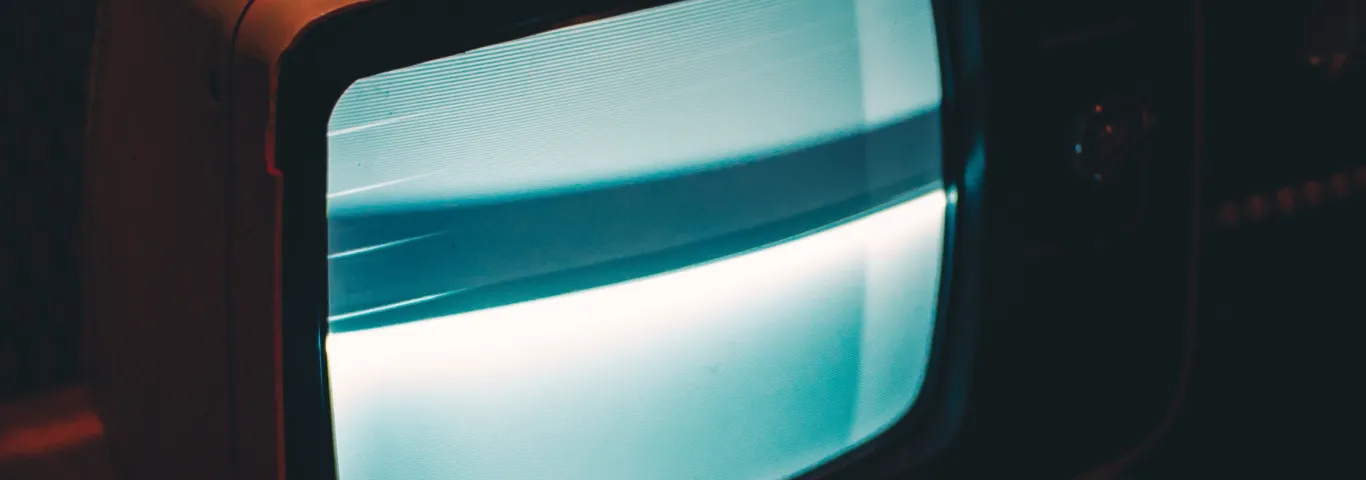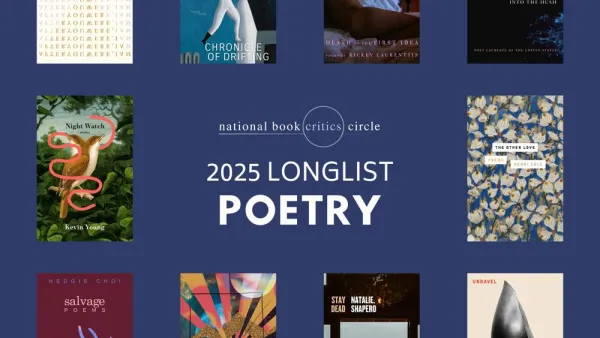When Phillip Maciak set out to write “Avidly Reads Screen Time,” he was inspired by the fact that, when he became a parent, he had to not only think about his own use of screens, but also consider the screen time of his daughter.
The result is a book that weaves together scholarship, cultural criticism, and personal experience to help readers understand and reflect on the ubiquitous use of screens. “This is a book about how screen time — the time you spend looking at your screen or the time the people you love spend looking at theirs — makes us all feel,” Maciak writes.

The book is part of the "Avidly Reads" series from NYU Press in which academics and scholars tackle cultural artifacts or experiences — everything from poetry to board games to guilty pleasures — through short essays.
Maciak, a senior lecturer in English and American culture studies, is no stranger to writing about screens. He’s been a TV critic for The New Republic and the Los Angeles Review of Books, where he made a name for himself covering shows like “Mad Men” and “Game of Thrones” in the column “Dear Television.” He’s also the author of “The Disappearing Christ: Secularism in the Silent Era.”
In “Avidly Reads Screen Time,” he traverses from one screen-mediated phenomenon to the next, everything from doom scrolling to virtual learning to viral videos. Through it all, he wants readers to consider nuance rather than give into moral panic over screen time.
Ahead of his book release event on May 25 at Left Bank Books, Maciak sat down with the Ampersand to discuss his work.
Why is it important for people to consider their relationship with screens?
The thesis of the book is that screen time is a form of paying attention, and that takes different forms. It can be a rote, anxious frame of attention, which is a way I interact with screens all the time. But the book is an argument for a different model: an intellectually engaged attentiveness that is the hallmark of my favorite viewing experiences, like watching “Mad Men” to write a recap or sitting down for a big TV event with my family. These are moments when I feel very attentive in a textured and healthy way. It's the same type of attentiveness that’s required to be a good sibling, partner, or student, too. To interact with the world by paying attention is at the core of everything I try to write and everything I try to teach. Paying attention to screen time in a considered way is good, but paying attention to it as a constant harbinger of doom can be an inversion of that.
In your book you write that “the problems we have with screens are often problems we have with the world screens exist to mediate and capture.” Has this observation impacted your view on screen time as a parent?
When I had my daughter, I had to start thinking about her potential screen time and how she watches things. This gave me a different perspective on the way I watch, including my professional engagements with TV.
When I was growing up, my parents were unfazed about television. They didn't see it as a toxin in the way that it was being framed culturally at that time. I have a lot of good memories of TV events that we experienced together. But I also watched TV on my own, and they didn't stigmatize that, which feels, in retrospect, like a healthy aspect of my childhood.

In researching the book, I was encouraged by some of the advice books about screen time for parents, including ones by Devorah Heitner and Anya Kamenetz. These more even-handed books were helpful for me to read.
At WashU, you teach mostly Gen Z students who have grown up in a different era of screen time. Have their experiences taught you anything about how screens function in contemporary life?
It was illuminating for me to teach while writing this book, especially my course “Hot Takes: Cultural Criticism in the Digital Age.” There are things that students experience today — binge-watching, for instance — that feel very intuitive to me, like experiences I had in college watching hours of “The Simpsons” on DVD with dorm mates. But there are also differences. While this generation has a huge space online for building community, there's also a toxicity online that we didn't have to deal with.
Writing this book made me less worried about my 6-year-old spending too many hours watching “Bluey,” but more aware of needing to eventually take an intentional approach to social media. It’s an awareness I’m not sure I’d have if I hadn't written this book or heard my students talk about their experiences.




